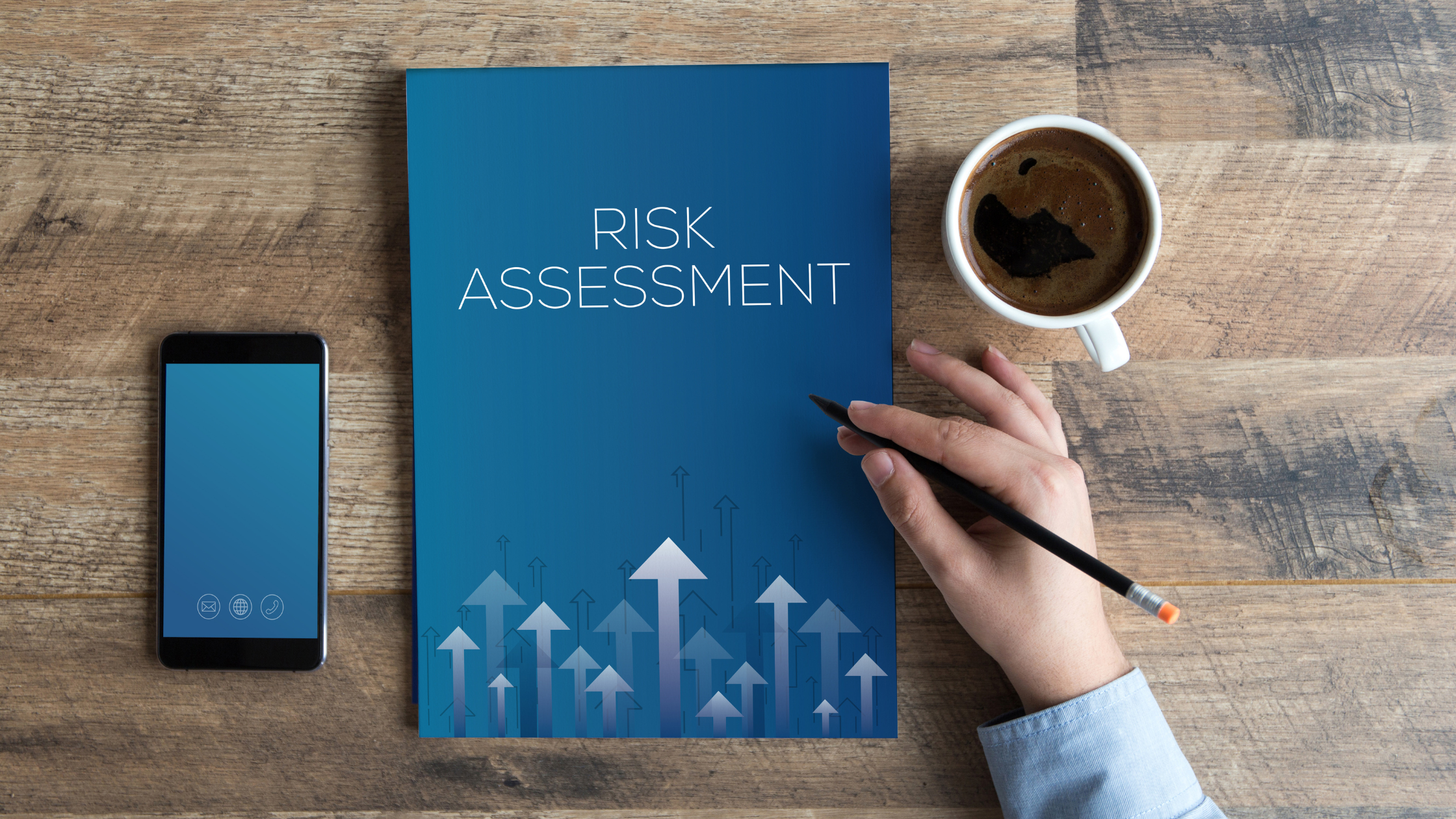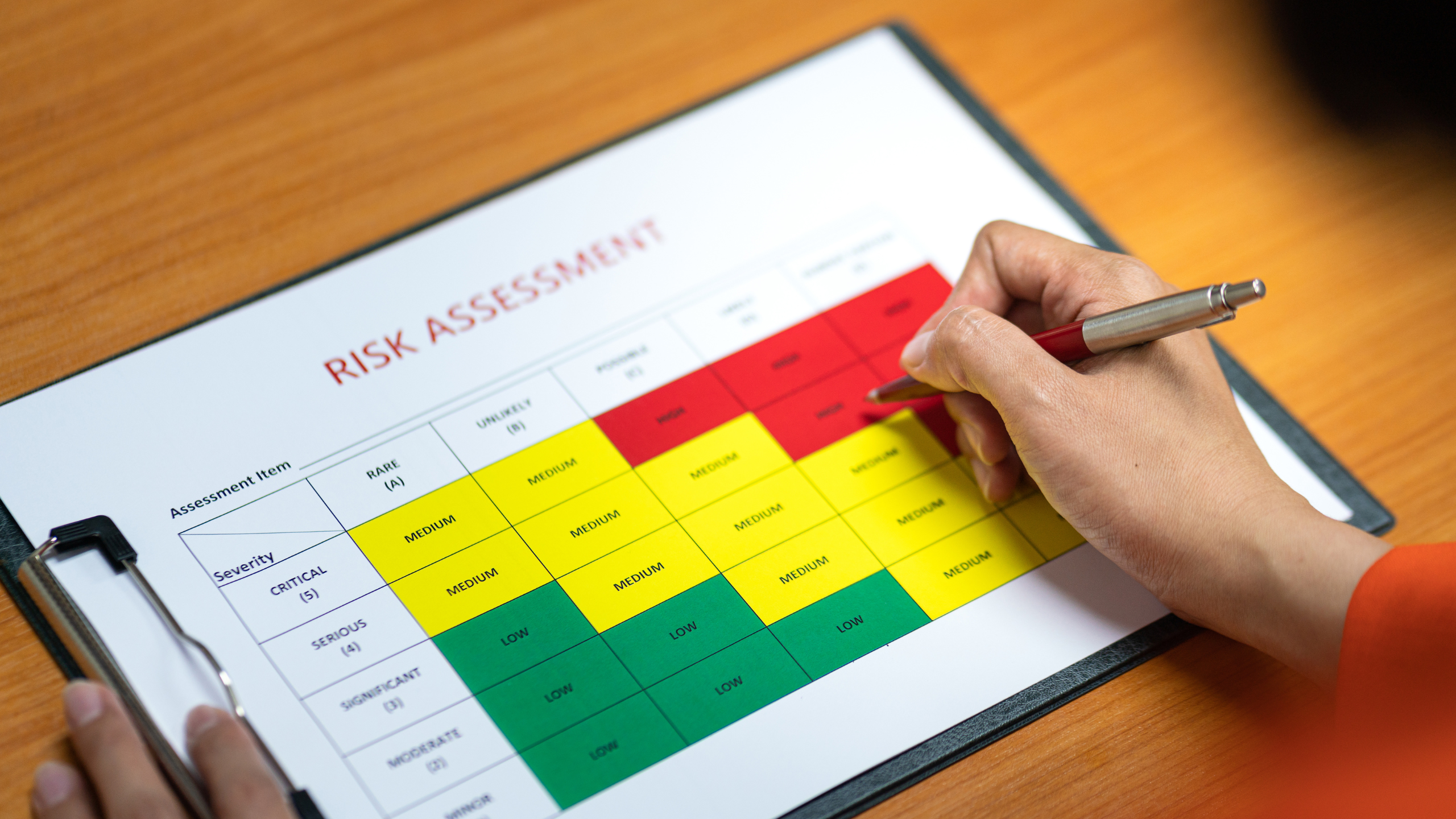Healthcare organizations face numerous privacy challenges ranging from outdated systems and inefficient workflows to regulatory compliance issues that can lead to reputational risks. Addressing these challenges requires a holistic approach, including technological investments, policy enhancements, staff training, and ongoing monitoring and assessment of privacy controls. By prioritizing privacy management practices, healthcare organizations can protect patient privacy, maintain regulatory compliance, and safeguard their reputation in an increasingly complex healthcare landscape.
By the first week of March 2024, a total of 116 healthcare data breaches had been reported to the U.S. Department of Health and Human Services (HHS) Office of Civil Rights (OCR) affecting more than 13 million individuals. The predominant types of breaches were related to hacking and IT incidents within healthcare systems nationwide in the United States.
- Health IT Security News
Privacy challenges faced by healthcare organizations are multifaceted and require careful consideration and mitigation strategies.
Let's delve into each challenge in detail:
.png?width=1200&height=628&name=PRA%20(1).png)
Archaic Systems: Healthcare organizations often rely on outdated, inefficient, manual entry, or legacy systems for managing patient information and medical records. These archaic systems may lack modern security features and encryption protocols, making them more vulnerable to cyberattacks and data breaches. Additionally, outdated systems may not be compatible with newer privacy regulations and standards and lead to compliance issues.
Inefficient Workflows: Inefficient workflows within healthcare settings can pose privacy risks by increasing the likelihood of human errors, unauthorized access to patient information, and breaches of confidentiality. For example, manual data entry processes or paper-based recordkeeping systems may result in data inaccuracies or loss of sensitive information. Streamlining workflows and implementing electronic health record (EHR) systems can help mitigate these risks by automating processes and enforcing access controls.
Lack of Actionable Data and Reports: Healthcare organizations often struggle to generate actionable insights from the vast amount of sensitive data they collect. Without proper data analytics tools and reporting mechanisms, it is often challenging to identify privacy risks, monitor regulatory compliance, and detect anomalies in data usage. Implementing robust data analytics solutions can enable organizations to derive valuable insights from sensitive data, proactively identify privacy issues, and improve decision-making processes.
Lack of Policies and Procedures: Inadequate or outdated privacy policies and procedures can expose healthcare organizations to compliance violations and privacy breaches. Without clear guidelines on data handling, access controls, authorization management, and incident response protocols, staff may inadvertently mishandle patient information or fail to respond effectively to privacy incidents. Developing comprehensive privacy policies and procedures, along with regular staff training and awareness programs, is essential for mitigating these risks.
Gaps in Annual Assessments: Annual assessments are crucial for evaluating privacy controls, identifying vulnerabilities, and ensuring ongoing compliance with privacy regulations. However, healthcare organizations may face challenges in conducting thorough and timely assessments due to resource constraints, competing priorities, or lack of expertise. Failing to address gaps in annual assessments increases the risk of data breaches, regulatory penalties, and reputational damage. Implementing automated assessment tools and engaging external auditors can help bridge these gaps and strengthen privacy management practices.
Risk of Patient Information Breaches and Fines: Healthcare organizations are entrusted with sensitive patient information, making them attractive targets for cyberattacks and ransomware. A single breach can result in significant financial losses, reputational damage, and legal liabilities, including fines and penalties imposed by regulatory authorities. Protecting patient information requires implementing robust cybersecurity measures, conducting regular risk assessments, and investing in advanced threat detection and response capabilities.
Risks of Lawsuits/Reputational Damage: Privacy breaches and compliance violations can expose healthcare organizations to regulatory investigations, fines and penalties, and reputational damage. Patients expect their protected health information to be kept confidential and secure, and any perceived negligence in safeguarding this information can erode trust and confidence in the organization. Establishing a culture of privacy and accountability, along with transparent communication about privacy practices, is essential for mitigating the risks of regulatory violations and reputational harm.
According to the U.S. Department of Health and Human Services (HHS) Office for Civil Rights, in 2023, 725 data breaches were reported to OCR, and across those breaches, more than 133 million records were exposed or impermissibly disclosed.
Privacy Risk Assessments are systematic evaluations conducted to identify, analyze, and mitigate potential risks associated with privacy regulatory requirements and best practices. Assessments involve a comprehensive review of data collection, storage, usage, disclosure, and destruction practices that result in actionable steps to mitigate issues discovered.
FURTHER READING: Privacy Risk Assessments: Key Components and Stages
Let’s dive into some benefits of conducting privacy risk assessments.
.png?width=1200&height=628&name=PRA%20(2).png)
Compliance with Regulations: Implementing privacy risk management processes helps organizations comply with various privacy regulations and standards such as the Health Insurance Portability and Accountability Act (HIPAA), the General Data Protection Regulation (GDPR), California Consumer Privacy Act (CCPA), etc. Compliance with applicable regulations reduces risks of penalties, fines, and legal actions.
Avoid Reputational Damage: Effective privacy risk management helps maintain trust and confidence among customers, clients, and stakeholders. Protecting sensitive data and respecting privacy rights enhances the organization's reputation and reduces the risk of public backlash due to data breaches or privacy violations.
Minimized Data Breach Risks: By identifying and addressing potential privacy risks, organizations can mitigate the likelihood and severity of data breaches. This involves implementing robust training and awareness programs, updated policies and procedures, and information access monitoring systems to reduce risks to sensitive information from unauthorized access, disclosure, or theft.
Improved Opportunities: Conducting privacy risk assessments presents improved opportunities for organizations. By proactively identifying and addressing privacy risks, organizations can enhance their reputation, build trust with patients and stakeholders, and comply with regulations. This fosters operational efficiencies, and cost savings, and opens doors to new partnerships, demonstrating a commitment to privacy and responsible data management.
Enhanced Patient Trust: Demonstrating a commitment to data privacy principles builds trust with customers and strengthens community relationships. When individuals feel confident that their personal information is handled responsibly and securely, they are more likely to engage with the organization's products or services and willingly share their information.
Competitive Advantage: Organizations that prioritize privacy risk management can gain a competitive edge in the market. Being known for respecting privacy rights can attract customers and other organizations who value privacy-conscious practices, thereby differentiating the organization from competitors.
Improved Decision Making: Through comprehensive privacy risk assessments, ongoing monitoring, and remediation efforts, organizations gain better insights into their data processing activities, vulnerabilities, and potential threats. This information enables informed decision-making regarding data privacy practices, privacy investments, and risk mitigation strategies.
Alignment with Ethical Standards: Prioritizing privacy risk management aligns with ethical principles and demonstrates corporate social responsibility. Respecting individuals' privacy rights and protecting their personal information reflects a commitment to ethical business practices and can enhance the organization's overall corporate culture.
Partnering with CompliancePro Solutions can enhance the effectiveness and efficiency of Privacy Risk Assessments, enable organizations to identify, mitigate, and manage privacy risks more effectively, support regulatory compliance, and protect individual privacy rights.


